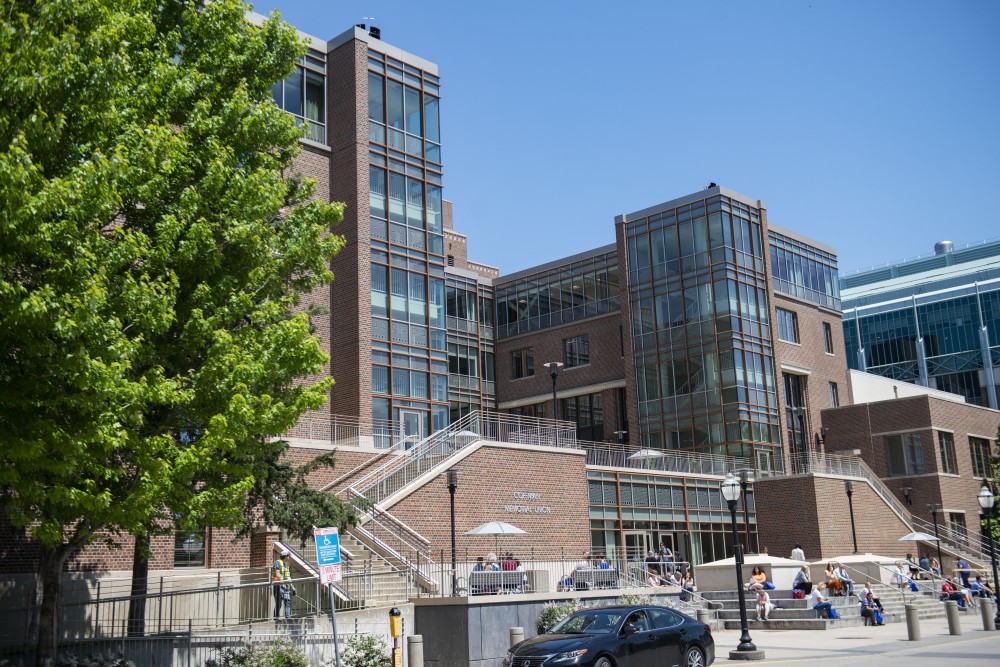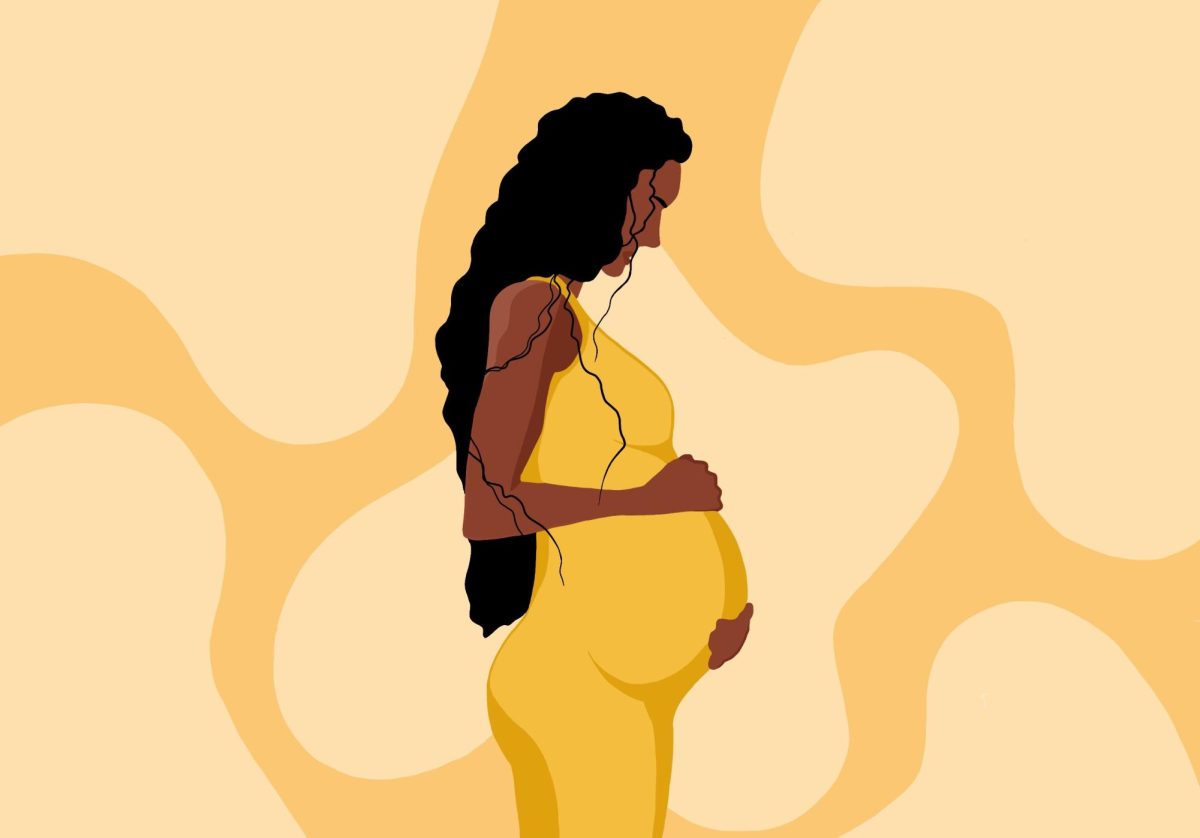The University of Minnesota’s history department will offer a new course this fall in response to recent discussion on the University’s history elicited by efforts to rename campus buildings.
The idea for the course, titled “Prejudice and Protest at the U of M,” was conceived when the history department’s advisory committee discussed how to further conversations confronting the University’s past, history professor Ann Waltner said. The course will engage with the University’s history with eugenics, racism and anti-Semitism. It will be offered in the fall as a special topics course.
“There has been much discussion and controversy recently over the University’s history, particularly in regard to questions about building names,” Regents Professor of American Studies and History Department Chair Elaine Tyler May said in an email. “We believe that this controversy has opened a discussion on campus and in the wider community about issues of historical memory, accountability, and how the University should confront and reckon with its past, even parts of the past that are not admirable.”
At the end of April, the Board of Regents voted 10-1 against renaming Coffman Union, Nicholson Hall, Coffey Hall and Middlebrook Hall after more than a year of discussion and campus input. A task force drafted a 125-page report detailing actions of previous University administration. Some regents later criticized the report, stating it was ill-researched and left out important context.
By extending these discussions into the classroom, the course will enable students to critically analyze the University’s institutional history. The Minnesota Student Association recently encouraged students to take the course because of its timeliness with the Rename/Reclaim campaign, which supports renaming efforts. Although University officials voted against renaming campus buildings, MSA reaffirmed its efforts to continue advocating for changing the buildings’ names.
“It is important that we as historians make connections between the past and the present,” Waltner said. “It’s important that we as historians teach in ways that helps students understand the world around them.”
The course will be taught by adjunct professor Joseph Haker, who researches issues of public commemoration and its controversies.
“I think the connection between all of this is that my research and teaching often deal with the politics of writing and memorializing American history — specifically, how historical narratives or sites of memory perpetuate systems of domination by silencing certain perspectives and stories,” Haker said. “My hope is that it will make a meaningful contribution to ongoing discussions about how the University can memorialize its past in a way that is consistent with the values it claims to uphold in the present,” Haker said.
Because of the course’s timeliness and relevance to students, Haker said he is excited to teach it.
“One reason I wanted to teach the course is because I thought it was a terrific way to respond to the ongoing controversy over namings on campus. … Having a space where the community can very meticulously go through this history with rigor and depth, and even do some uncovering themselves, seems extremely useful.”








